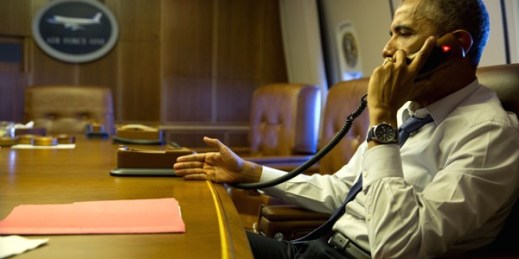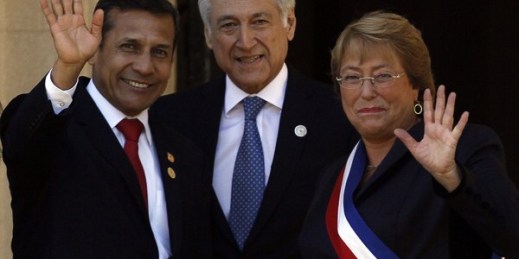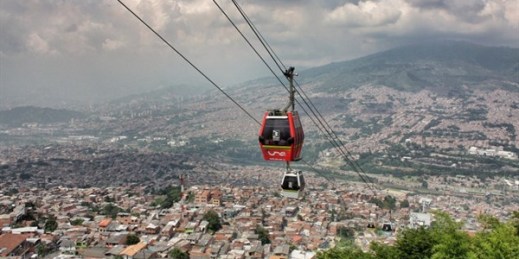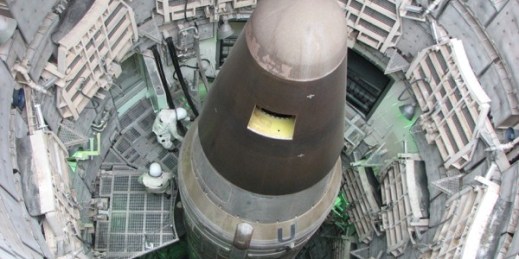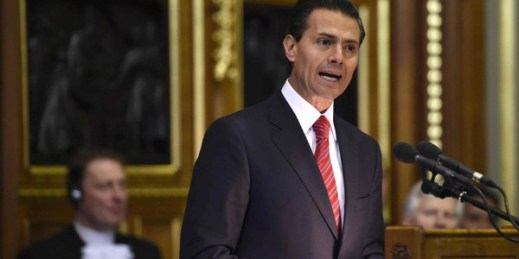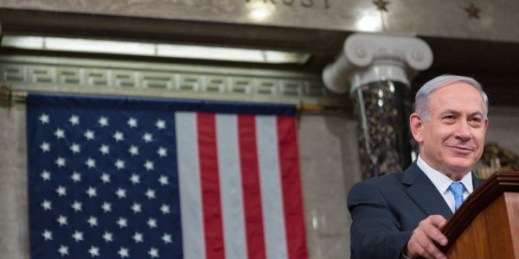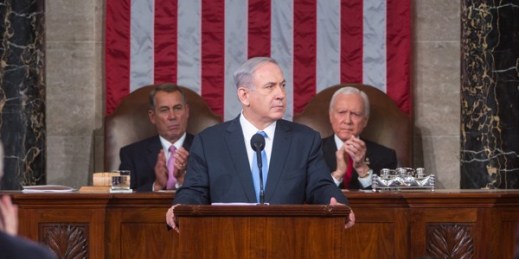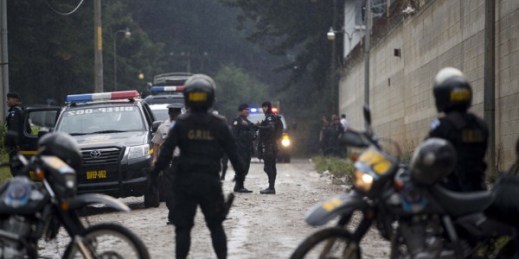
Of the 10 countries with the highest homicide rates, eight are in Latin America and the Caribbean. The region is likewise home to 34 of the world’s 50 most violent cities. The social and economic impacts of those levels of crime are massive, and, as a result, governments and private sectors in Mexico, Brazil and, more recently, Guatemala and El Salvador are looking for new solutions. They have sought advice from two familiar sources in American policing: former New York City Mayor Rudy Giuliani and current New York City Police Commissioner William Bratton. Giuliani, and even more so Bratton, are […]

